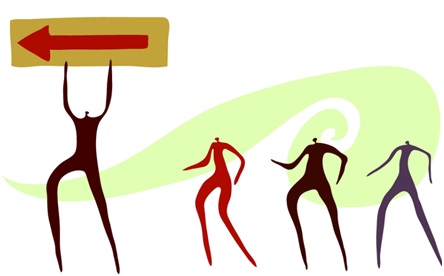
If you’re reading this, then I’m guessing that the headline got your attention. I don’t know anyone who’s working on a dissertation who wouldn’t like to get it done faster. It’s an arduous undertaking.
Here’s the secret.
So, you might not like the answer. It’s simple. Work on your dissertation. Every. Day.
This is something I discovered personally through trial and error. I would block off chunks of time – a weekend, a couple of evenings, etc. But my progress seemed so very slow. After a few months of sluggish headway, I realized that I spent a good portion of my dedicated time revisiting and “catching up” on what I had completed during my last chunk of time.
I needed to find a flow to keep the momentum going.
That’s when I decided to try working on my dissertation every day. Knowing that on some days that might only be 15 minutes and on other days it could be six hours. While it took a great deal of discipline to create this habit, I also felt as if I had stumbled upon a goldmine.
What to do in 15 minutes?
If I only had 15 minutes what could I do? I could always spend 15 minutes searching for more sources on a specific topic. If I had folder full of articles and other resources, I could spend 15 minutes scanning one of the articles and highlighting potential quotes. I could take a few minutes to cleanup my growing reference list and make sure I was adhering to APA style (the style required by my program).
When I started to see my progress it fueled my fire! Even though it’s been a number of years, I can still remember traveling for work to San Jose, CA. What a wonderful city to visit. But I chose to spend the evening in my hotel room, glued to my laptop, researching and organizing sources. Even more amazing, I didn’t mind, because I could finally see real progress! I was addicted to the momentum my daily routine had created.
Now you could easily say, that worked for you, but I can’t imagine working on my dissertation every day. I too wondered if I was an outlier and had created my own crazy strategy. I’ve discovered just the opposite. As I read books, articles, and blog posts from other dissertation coaches, I read the very same advice. Work on your dissertation every day.
If I were to do this again (and no, I have no plans for a second dissertation), I would likely take it up a notch. I would not only work on it every day, I would also schedule time on my calendar and identify exactly what I want to accomplish during that time. I might write something like secure five sources supporting my overarching theory of adult education, or read three articles in my lifelong learning & leadership folder and highlight the potential quotes.
Get even faster!
Not only would this let me see my progress in more detail. It would significantly increase the likelihood that I would actually do it! Dr. Heidi Grant Halvorson said, “When people engage in the right kind of planning, their success rates go up on average between 200 and 300 percent.” Putting very specific tasks that you can complete in that time frame on your calendar is part of that “right kind of planning.”
So, work on your dissertation. Every. Day. Put your specific tasks on your calendar. Watch your progress accelerate before your eyes. Get your dissertation done faster!
